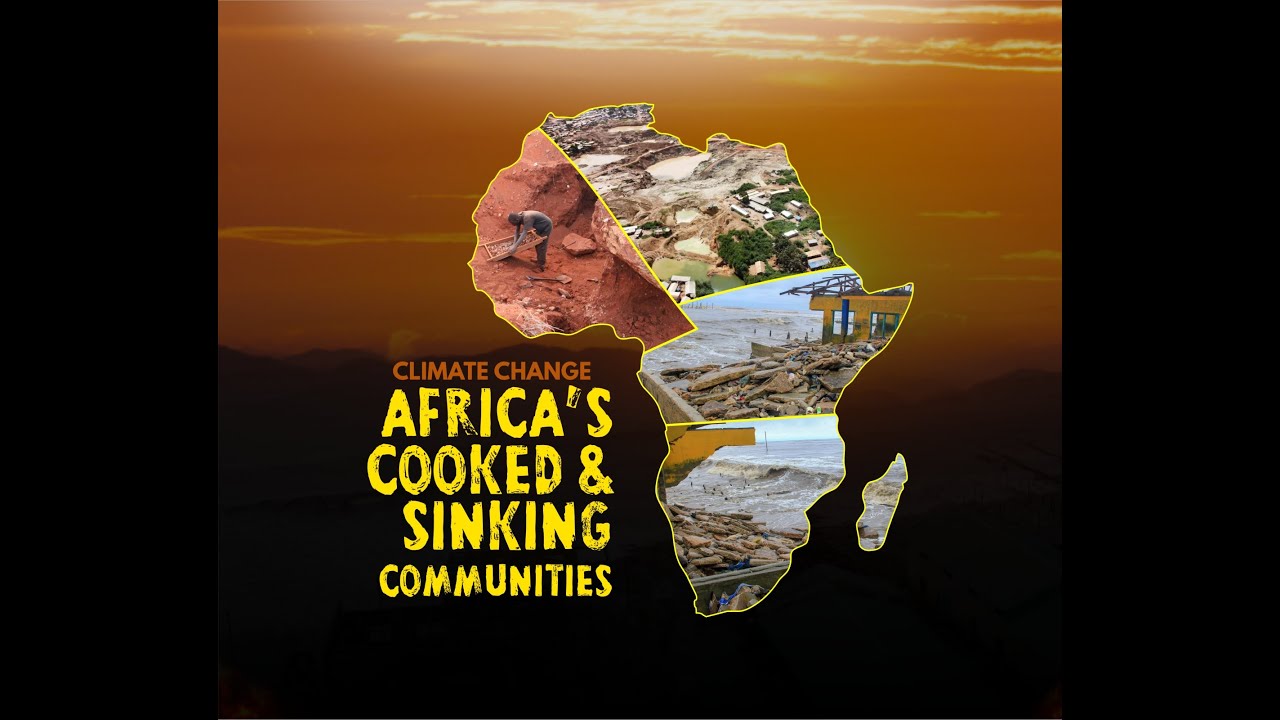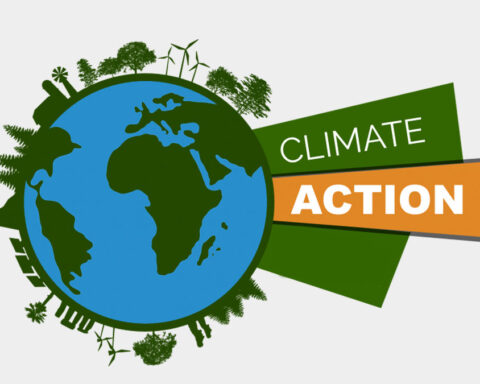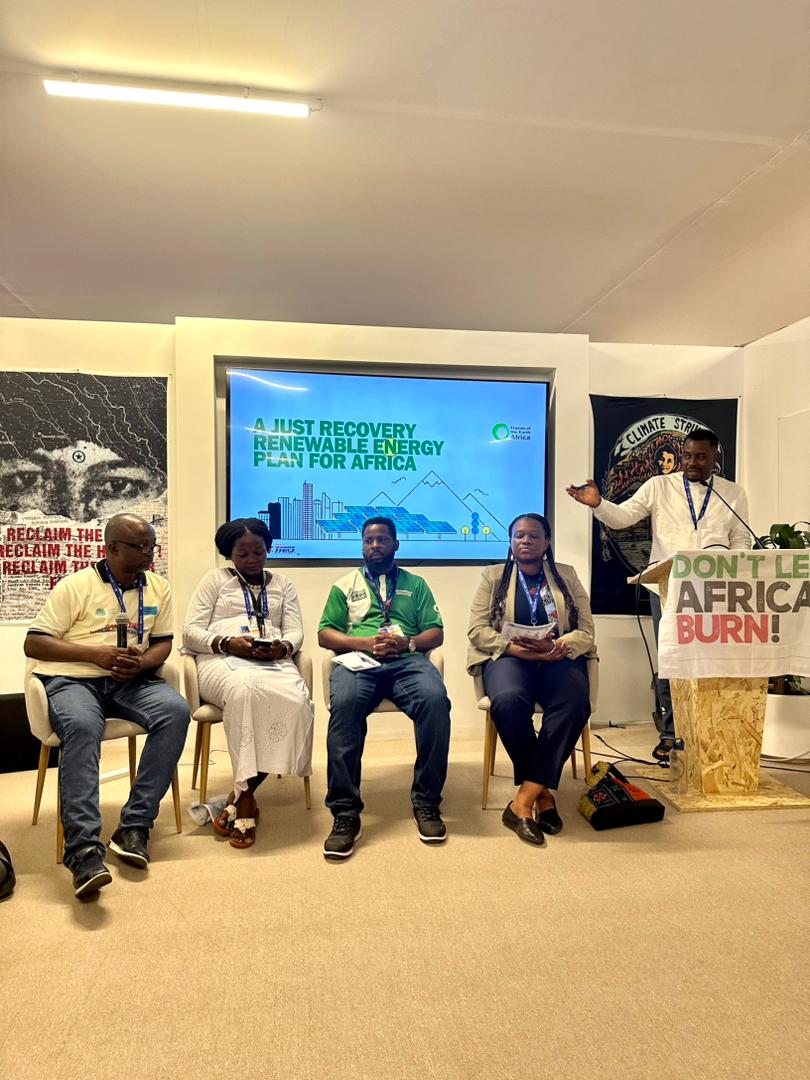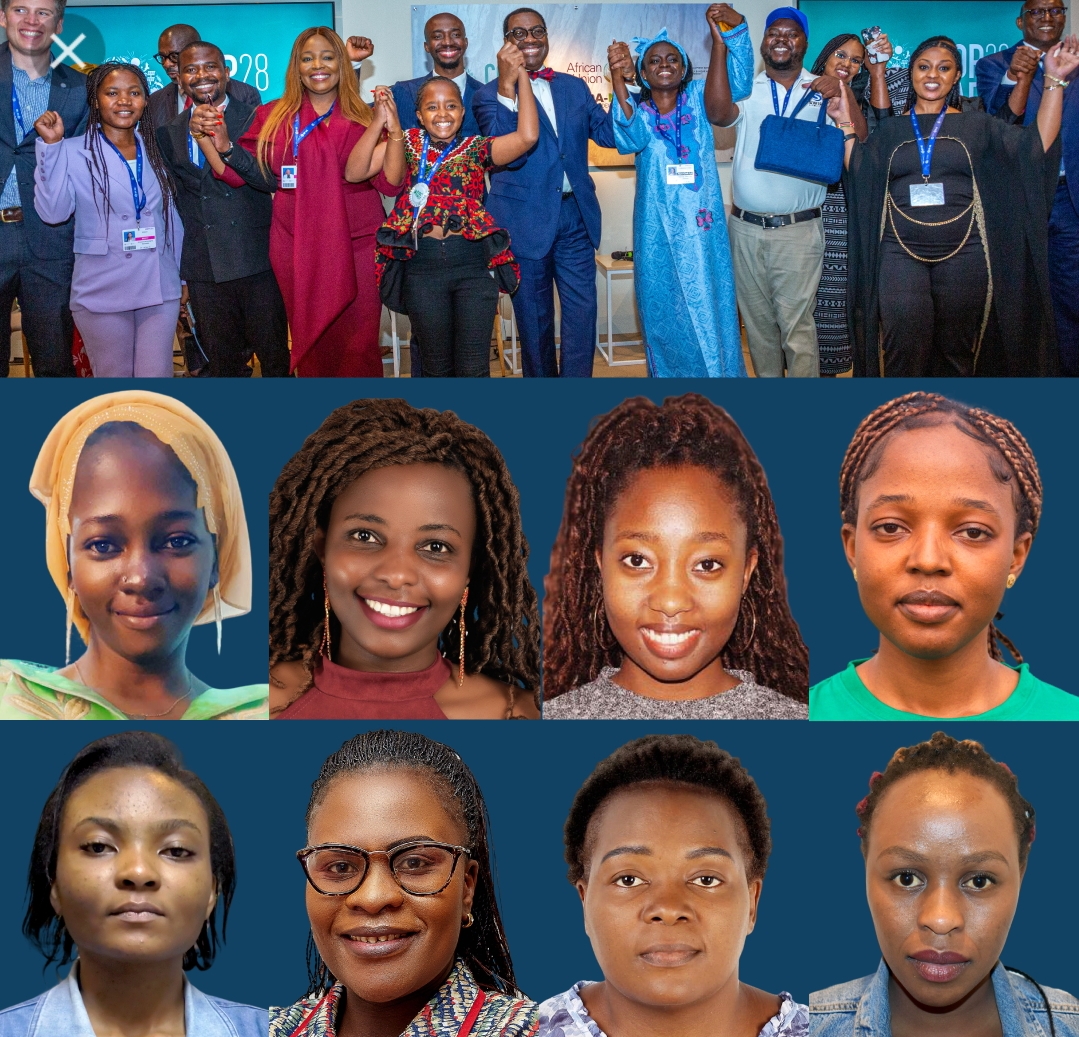The Corporate Accountability and Public Participation Africa (CAPPA) has released a documentary on the impact of climate change on frontline communities in Africa.
This documentary, which was showcased on Tuesday in Dubai at the ongoing climate change conference COP28, exposes the impact of mining and oil extraction in those communities, thereby reinforcing the call for a Loss and Damage mechanism that will address the plight of local communities across Africa.
Titled “Climate Change: Africa’s Cooked and Sinking Communities”, the documentary highlighted the threatening impacts of climate change in Taita Taveta County, Kenya; Kambele, Cameroun; and Ayetoro, Ondo state, Nigeria.
In the context of the United Nations Framework on Climate Change Convention (UNFCCC) process, the loss and damage fund is for compensation for harm caused to human societies and the natural environment by human-generated climate change.
In Kenya’s Taita Taveta County, the documentary shows the moving story of drought in a community once known for agriculture and animal husbandry.
The hitherto, agrarian community has been transformed by climate change into arid terrain where farmers are compelled to adapt by becoming emergency miners, further exacerbating climate-related challenges.
Gideon Ndambuki, a resident in Taveta, said, “This land which you are seeing here was used for farming for all of our lives.
“But things have changed. We used to plant cassava here, we used to plant sweet potatoes here, we used to plant green grams here.
“For the last three years, we haven’t gotten anything from this land. We have been waiting for rain for all this time, and it has not rained.
“So, this land now is no longer productive, this land is no longer suitable for agriculture due to changes in the climate.”
In Kambele, residents, observably, battle landslides, incredible heat, and irregular weather patterns as a result of indiscriminate gold mining.
Close to 150 persons have reportedly died from landslides and open pits dug by gold miners, besides the varying degrees of health problems residents battle daily.
Kulu Florin, a native of Ngaland Le Trois, said the mining-induced changes in the weather patterns were causing hardship to the community.
“The first problem is that of the climate. We are in October. Since I was born, we have always known the month of October to be the rainy season.
“The sun hardly came out, but now we are experiencing climate change. I am wondering if this continues till December or even January, are we going to live in the swamps?
“Aside from that, we used to experience flu during the dry season, but since the Chinese arrived with their toxic chemicals, we no longer know when the flu starts or when it ends,” Florin said.
For Ayetoro, it is the sad story of a city sinking because of ocean surges.
This, according to the locals, became aggravated immediately after oil extraction facilities were installed close to its shoreline.
The Oba of Ayetoro, Oba Ojagbohunmi Oluwanmbe asserted the ocean surges started in the 1980s after oil exploration began in the community.
“It used to be a normal cycle of the sea, to take a few portions of land away, and after six months, it would add that same portion or even more; that was normal.
“But, in the latter part of 1980, our people noticed that the rate at which it was taking the soil was higher than the rate at which it was returning it.”
Mr Akinbode Okuwafemi, CAPPA’s Executive Director stated that the plight of the communities and several others across the continent reinforced the need for sustainable climate finance for the continent.
“These sad stories make it imperative for COP 28 to come up with a predictable, democratic, and sustainable mechanism for operationalizing Loss and Damage that will address the impact of climate change in frontline communities across Africa,” Oluwafemi said.
He said the West owed Africa and the global south climate debt and it was the time to start paying.
By Dare Akogun






